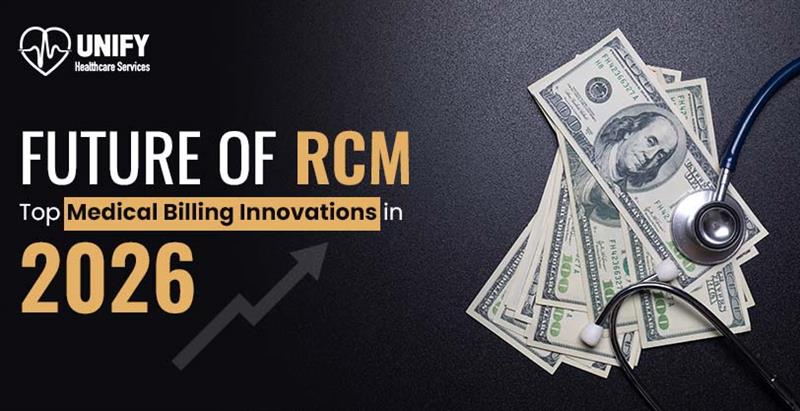In the world of medical billing being compliant with all the guidelines and provisions is a hectic task because of the frequent changes. Health Insurance Portability and Accountability Act (HIPAA) is the most basic element for healthcare which plays an important role in protecting patient’s privacy and data security.
But how does HIPAA compliance affect healthcare facilities?
In this blog, we will understand and explore the effects of HIPAA and how end-to-end document policy management systems support healthcare facilities while obliging HIPAA.
What is Healthcare Compliance?
The process of following the laws, regulations and ethical standards governing the healthcare industry is known as Healthcare Compliance. These compliances ensure that healthcare organizations and individual practitioners are following the rules and guidelines set by the government.
This measure ensures patient safety and maintains data privacy and integrity of medical practices. Compliance is essential for operating within the legal framework. This ensures quality care and maintains trust within the patients.
What is HIPAA Compliance?
HIPAA compliance is an integral part of healthcare which protects sensitive patient data from being misused. It ensures that the information in the health record is not tampered with, and the integrity is maintained.
Any organization or individual practitioner who follows HIPAA needs to take some mandatory steps to protect patient data. They all need to follow some basic requirements for HIPAA such as:
- Rules to determine how you use protected health information
- Administrative, technological, and physical security practices
- Guidelines for determining rules and penalties for violators
- Rules for reporting violations and breaches
- Determining how business associates handle patient health information
Who Should Comply with HIPAA Rules?
HIPAA compliance is a necessity for all the business associates and covered entities.
Covered entities are the organizations which provide healthcare services to patients such as hospitals, pharmacies, insurance agencies and chiropractors.
A business associate is any company which provides services to the covered entity which includes accountants, lawyers, medical billing specialists and information technologists.
HIPAA Compliance Checklist
HIPAA compliance showcases the adherence to Health Insurance Portability and Accountability Act. This act was established in 1996 which ensured the protection and confidentiality of patient’s sensitive health information.
You can use the following HIPAA compliance checklist to ensure proper adherence.
Assessments
You must conduct regular audits and check for the following:
- Determining potential risks and creating a plan to address them
- Administrative assessment to evaluate your staff’s understanding of adherence to policies and procedures
- Evaluating how effective your privacy efforts are
- Auditing your business associates to ensure HIPAA compliance
Documentation
HIPAA needs a full-fledged documentation about various audits, training and more. Make sure that you have documentation for the following:
- Any deficiencies that came up during assessments
- Established security and Privacy Policies
- All the training events
- Breaches in security or violation of guidelines
Communication & Training
HIPAA mentions the boundary of extensive guidelines for training your employees and communicating with patients if you come across any issue. Focus on the following tasks:
- Communicate about changes in policies
- Training sessions about HIPAA compliance
- Assign a designated staff as HIPAA compliance officer
Access Limitation
HIPAA security dictates how you limit the physical and digital access to Patient Health Information. You can practice the following procedures:
- Limit access of PHI to only essential staff
- Restrict technology and facility access
- Handle and dispose PHI securely
- Address the emergencies of data breaches
Policies & Procedures
HIPAA’s policies and procedures include the breach notification rule. Make sure you have the following:
- Risk Management Policies
- Anonymous reporting methods
- Breach notification procedures
Consequences of HIPAA Violation
HIPAA is a necessary provision which must be followed by every healthcare individual as well as organizations. It is understood that violating the guidelines will lead to serious repercussions.
Organizations can be fined ranging from thousands to millions of dollars depending on how severe the violations are. Legal action can be taken against the practice by the affected individual which will result in costly lawsuits and settlements.
Violation of HIPAA also tampers with the healthcare organization's image, decreasing trust among patients and the public, which may result in a huge loss of business.
In some extreme cases, if a practitioner violates the HIPAA guidelines knowingly or unknowingly, it may result in criminal charges. It may include imprisonment of all the individuals involved in the process.
Corrective Action Plans (CAPs) may be taken by the Department of health and human services. The process of rectifying compliance deficiencies is time-consuming as well as financially draining.
Role of HIPAA in Medical Billing
Privacy
HIPAA states strict guidelines to ensure the privacy and integrity of patient information. Appropriate measures are to be taken to protect confidential patient health information. It includes personally identifiable information along with patient’s medical records and billing information.
That is why choosing the right medical billing partner is important.
Set Security Standards
Specific standards are set to ensure the safety of electronic patient health information. It protects the data from unauthorized access, disclosure, or fraudulent use. Implementation of administrative, physical, and technical processes to maintain the integrity and security of patient health information is mandatory for every organization.
Privacy Notice & Consent
HIPAA compliance mandates informing patients about the privacy practices taken by the organization. The patient should be updated about how the provider is using and protecting the patient information. Patients must give written consent for releasing their patient's health information (PHI).
Regular Audits
Regular security assessments and audits help you determine the risks to patient information. Healthcare providers must extensively evaluate their systems, infrastructure, and processes.
This process helps in determining the gaps in security so you can take appropriate measures to ensure safety. Also, regular audits ensure that you are compliant with the guidelines, and you can work on the improvements.
Physical Safeguards
There should be ample security measures put in place to protect the physical access to areas where patient health information is stored. This can be done by restricting access to data centers, securing storage of manual records, and proper disposal of physical media.
Advantages of Being Compliant with HIPAA
Fraud Prevention
A complete fraud detection program is set up under HIPAA compliance. For example: Charging for treatments that have not been carried out or using incorrect methods for paying non-insured services is not allowed under HIPAA.
Patient Trust and Credibility
Once you become HIPAA compliant, it will encourage you to protect the patient’s medical records. You will automatically take care of your management practice and handle patient personal information with care.
No Penalties
Non-adherence to HIPAA will certainly lead your practice towards penalties resulting to huge financial loss. These funds can be used to improve various facilities of your practice. Complying with HIPAA means you will be protected from getting penalized.
Increased Profitability
Being compliant with HIPAA makes your patients feel safe and secure, which retains them for the long run. This enhances the financial performance of the organization as recurring visits increases the revenue.
Differentiation From Competition
Healthcare is a very cluttered market and differentiating your business from the competition is very important. One of the best ways to do it is to partner with medical billing professionals like Unify Healthcare Services.
Such organizations have a core understanding of all the compliance guidelines, so you are always up to date about the latest compliance guidelines. You should also show your HIPAA Seal of Compliance on your website which automatically gains the attention of your consumers.
How Do Medical Billing Companies Commit Fraud?
Upcoding
This scenario happens when healthcare providers try to bill the insurance company more than the treatments they have performed.
Under Coding
This is a case when providers intentionally leave out codes for the services provided. This is done to avoid the OIG investigation.
Unbundling Codes
This scenario arises when healthcare providers submit separate claims for procedures which can be presented as one. This is done to get more payment for the treatment from the insurance company.
False Medical Records
This situation comes up when healthcare providers present false medical records by manipulating patient history or description of treatment.
These techniques might give you more than expected reimbursements sometimes but once it comes to the notice of insurance companies, the consequences will be drastic. It will hamper your revenue as well as tarnish your image in the market.
The wrong intentions of one doctor might take down an entire organization. If you want to protect your organization from such illicit practices, partner with Unify Healthcare Services so that all the claims you file are accurate and ethically correct.
Simplify HIPAA Compliance with Unify Healthcare Services
You must have understood the importance of HIPAA compliance in smooth healthcare practice. It is essential for maintaining the safety and integrity of patient health information.
Unify Healthcare Services follows all the guidelines and are always HIPAA complaint. Once you outsource your medical billing to us, we will ensure that your claims are a hundred percent accurate and there is no scope of discrepancy.
Unify Healthcare Services has a team of talented and trained employees who are well-versed in all the elements of medical billing. All the documentation needed for the billing process is taken care of by expert coders and billers. The employees are always updated about any changes in the provisions so that your claims never go through denials.
If somehow a claim gets rejected, it is rectified and resubmitted within the provided time frame. Regular tracking of claims ensures timely reimbursement which elevates your revenue cycle.
Unify Healthcare Services envisions making billing and coding easy for every healthcare provider so they can focus only on providing the best patient care.


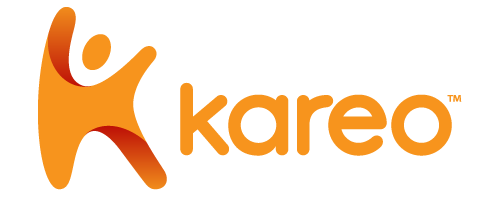





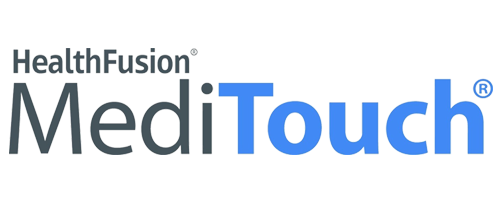
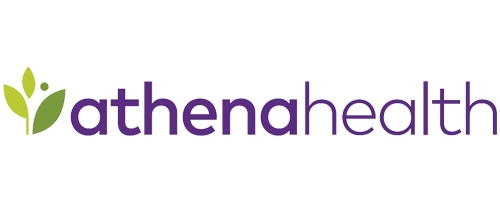


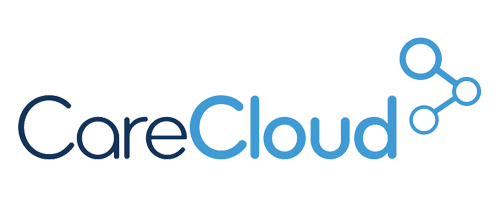
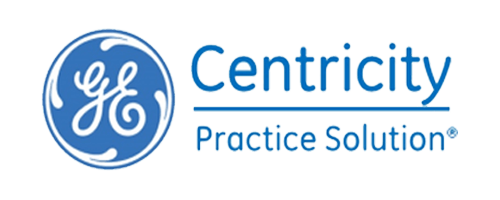
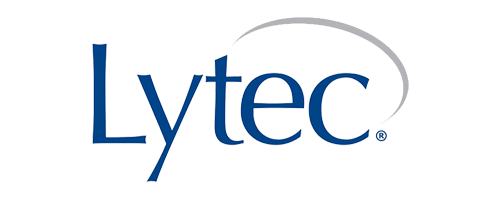

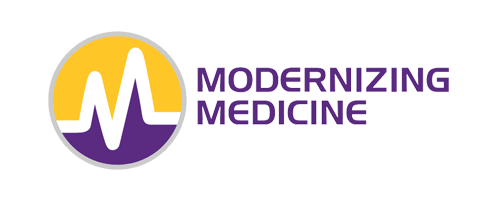

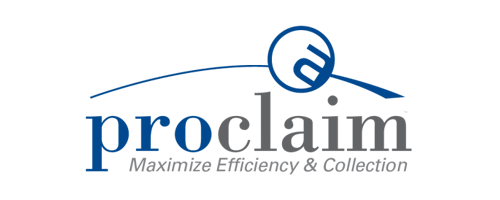

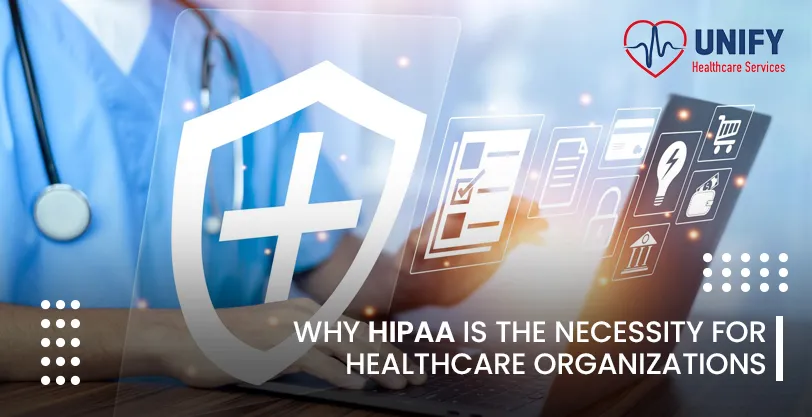
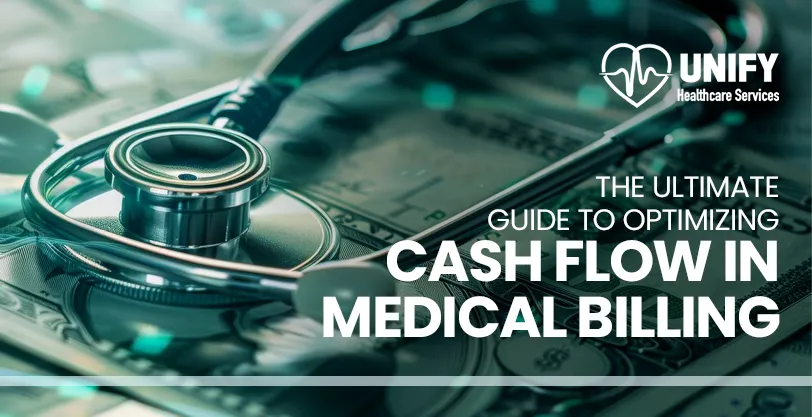
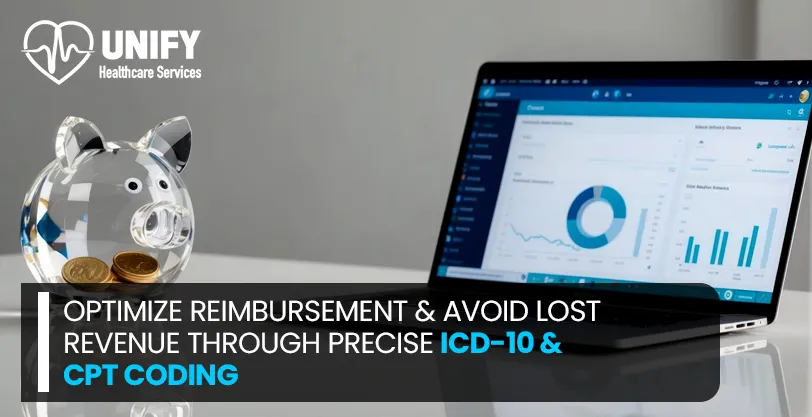

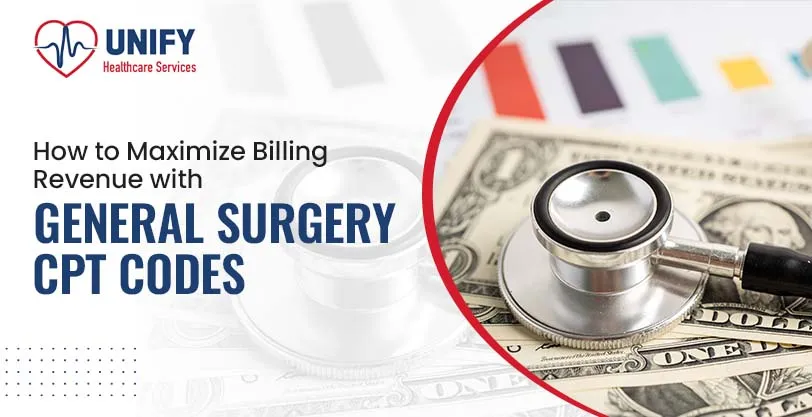
.webp)
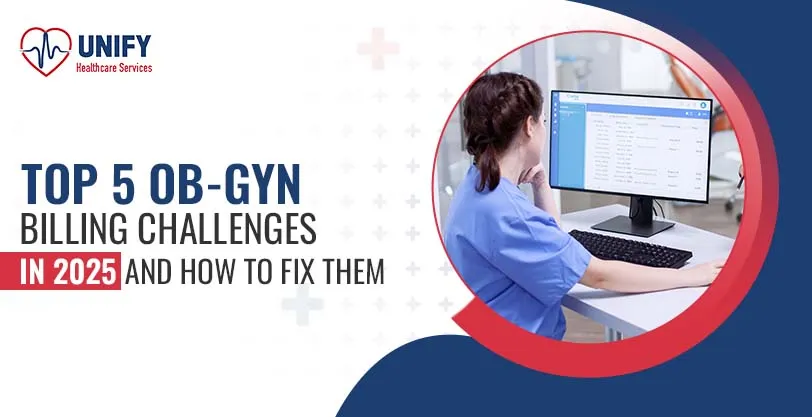

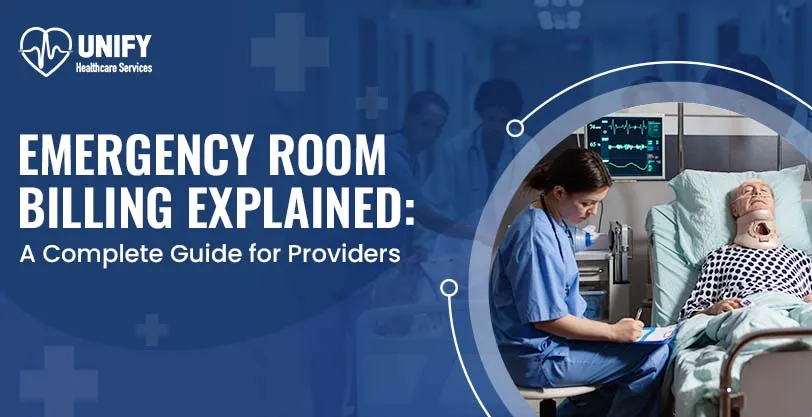
 1.jpg)
